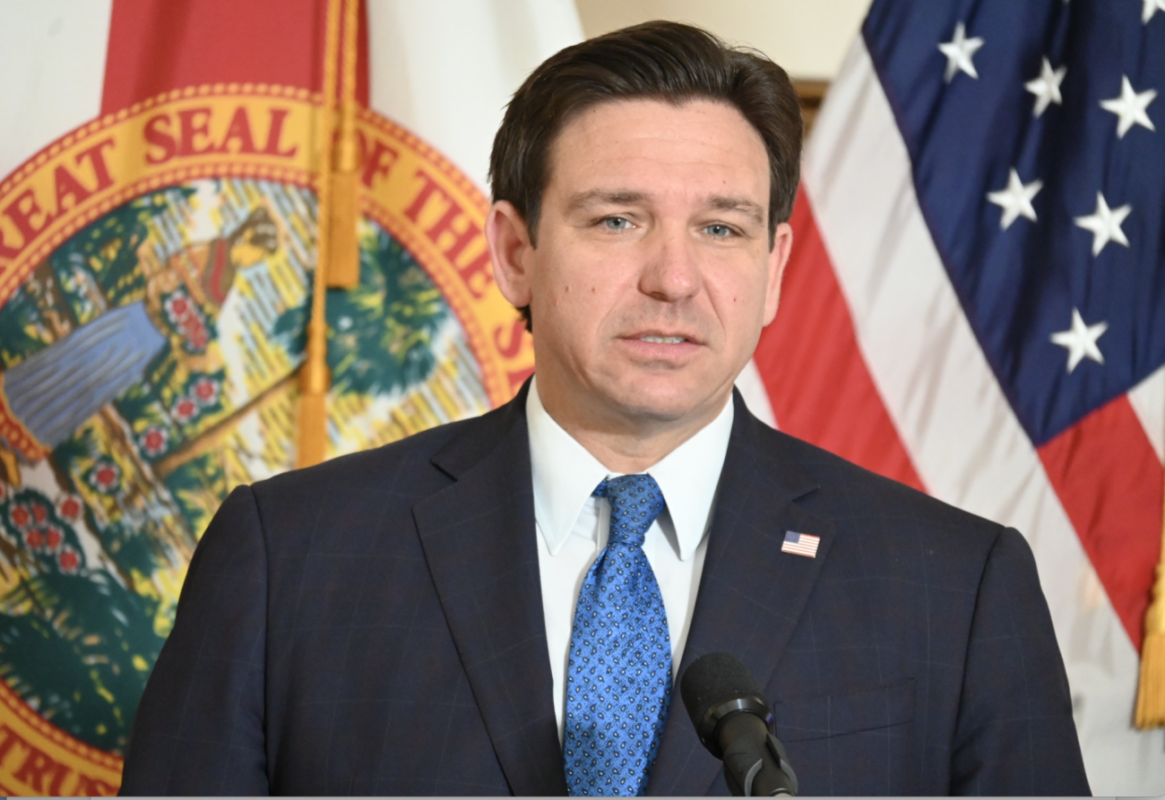

Gov. Ron DeSantis
MIAMI, FL—After Miami Beach officials imposed a crackdown curfew on spring breakers visiting South Florida, South Beach nightclubs tried—and failed—to have the curfew overturned.
Last year, Miami Beach was home to two fatal shootings during spring break, prompting Gov. DeSantis' decision this year to deploy law enforcement to combat "lawlessness" from unruly college kids, causing Miami to impose a midnight curfew, institute bag checks, restrict beach access, and increase DUI checkpoints.
In response, three South Beach nightclubs—M2, Lounge, and Exchange—filed a lawsuit to have the curfew overturned, claiming it "unduly punishes and penalizes...lawful business operations and was done without reasonable or appropriate advance warning", the complaint says.
The Miami-Dade Circuit Court ruled in the city's favor, explaining that the "city acted in good faith" to curb the swelling crowds of Miami visitors and to prevent violent or rowdy activity.
In the wake of the court's decision, Miami Beach Mayor Steven Meiner quelled fears of tamped-down business activity, explaining that "This is the calmest spring break we’ve had in years. A number of restaurants that make their business, like traditional restaurants, are actually telling me thank you, that these measures have helped them, [that] it’s kept things safer, calmer and that they're actually busier,"
"We want our hotels filled, which they are, and actually, I think the opposite was happening," Meiner told Fox News. "We were risking ruining our reputation by having these acts of violence which we've prevented this year. This is a win-win for everyone, and this is actually a huge success for us this year."
Miami Beach isn't the first city to institute a spring break crackdown, as Panama City Beach took up the trailblazing role as the first major spring breaker destination to enact similar anti-lawlessness measures.
“When you think of spring break, you might think of vacation, a collegiate break, maybe some fistfights and some keg stands,” Police Chief Eusebio Talamantez said. “It has evolved into shootings, mass riots, rape and homicide.”
In 2015, a Panama City Beach house party shooting left seven people wounded, causing the city to ban alcohol on the beach. Like Miami, local businesses sued the city and subsequently lost.
Spectrum News reported that Talamantez said the measures were successful, but a 2018 hurricane and later COVID-19 lockdowns diverted the city's attention from crowd management which allowed for a resurgence in violence.
However, a 2023 spring break crackdown led to a 44% reduction in crime, leading the city to impose similar rules this year.
“We’re just trying to create an environment that says loud and clear in big, bold letters that we are a municipality of law and order," Talamantez said. "And law and order does not go away just because you’re on spring break."
Florida Congressman Byron Donalds, who's bidding to become the next governor of the state, celebrated…
'The Doors Don't Lock': After FSU Shooting, Petition Demands Locks on Classroom Doors TALLAHASSEE—When a…
TALLAHASSEE—When a gunman opened fire outside of Florida State University's busiest building, nearby students desperately…
President Donald Trump recently announced Sen. Joe Gruters (R-Sarasota) will serve on the revamped Homeland…
Representative Maria Elvira Salazar (R-FL) said that President Donald Trump's tariff policies, which have paused…
Representative Sheila Cherfilus McCormick (D-FL) has introduced legislation to provide comprehensive tax relief to American…